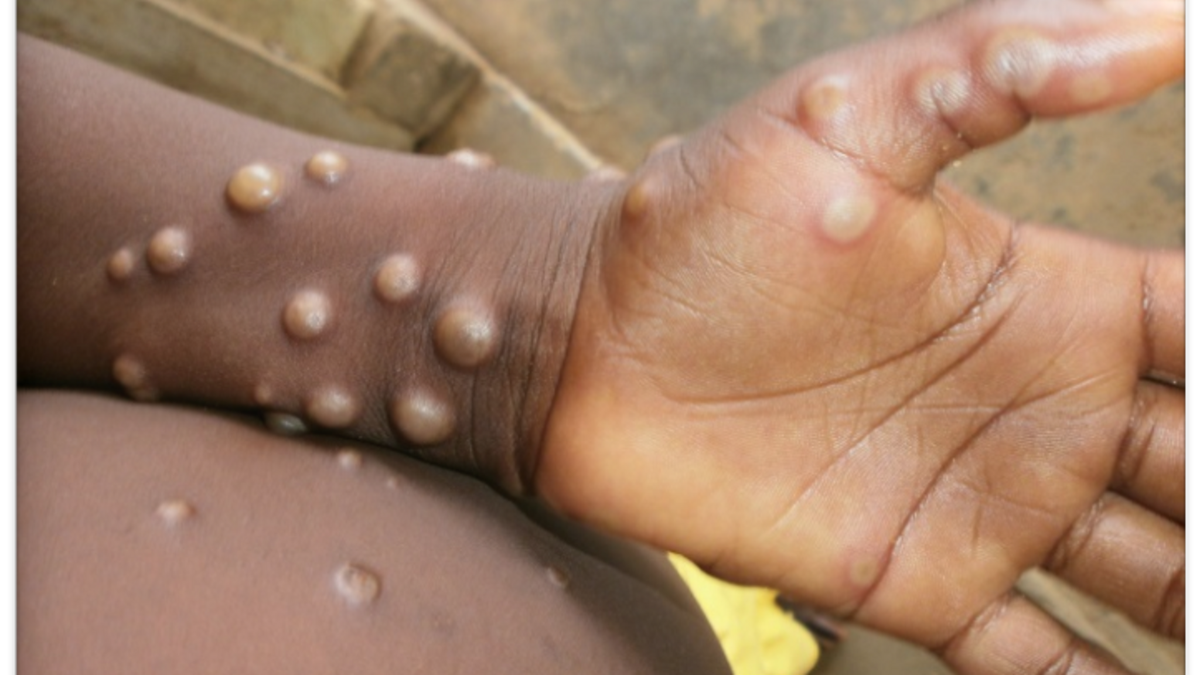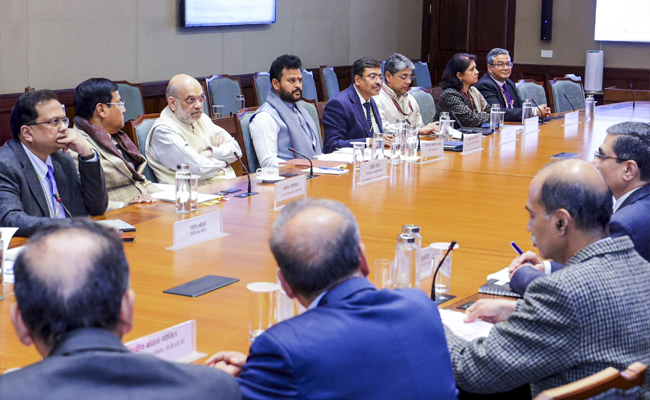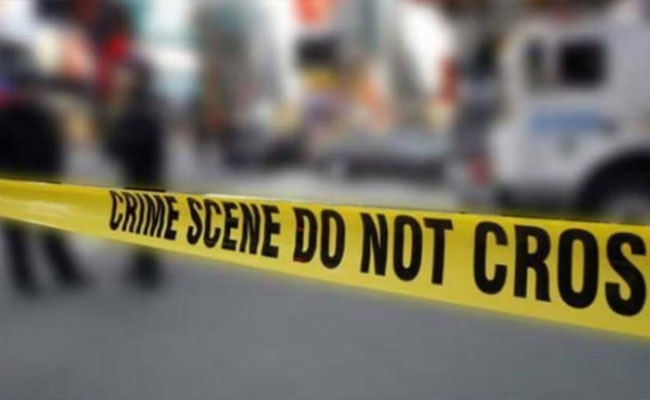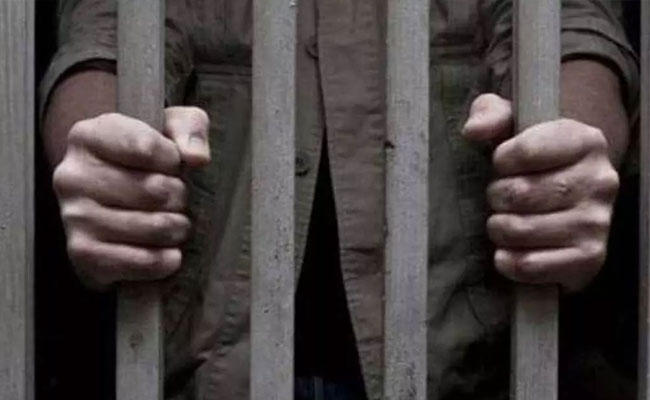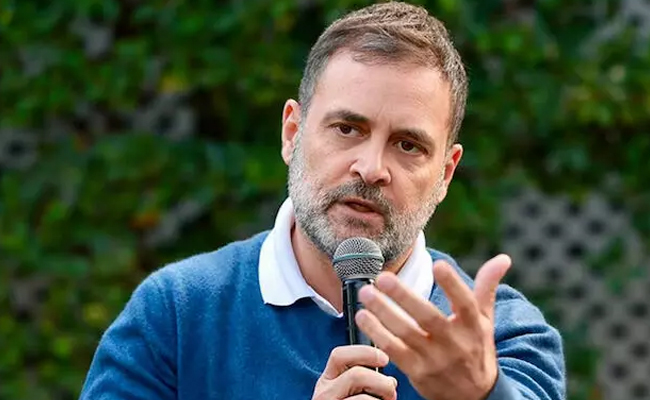Several countries have reported an outbreak of the Monkeypox virus (MPXV) that causes smallpox-like infection. The virus according to the World Health Organisation is described as an “under-recognized” and “underreported emerging disease.”
As of Friday, May 20, 2022, 11 countries that do not normally report Monkeypox have confirmed cases of infections.
According to the health authorities and www.global.health/ 111 people across 11 countries are reportedly infected or suspected to be infected as of Friday.
Australia, Belgium, Canada, France, Germany, Italy, Portugal, Spain, Sweden, US and UK are the coutries that have reported the cases of Monkeypox. The virus, experts said can be fatal in some cases.
Monkeypox is a rare disease caused by infection with the monkeypox virus, which originates in wild animals like rodents and primates, and then spreads to people.
It’s usually a mild viral infection. The virus belongs to the same family as smallpox (Orthopoxvirus genus in the family Poxviridae). This genus also includes variola virus (which causes smallpox), vaccinia virus (used in the smallpox vaccine), and cowpox virus.
There are two types of strains of the virus – the Congo strain and the West African Strain. The Congo strain is more severe "with up to 10% mortality” (even up to 15%), Death is more likely among kids.
The West African strain, on the other hand, is less severe and has a case fatality rate of about 1% of cases.
It’s not immediately known what strain is found in the countries with reported cases, though the UK cases have been reported as the West African strain.
While epidemiology experts say monkeypox usually is “extremely rare”, the US CDC has expressed concern over the surge in transmission and warned that the UK outbreak could spread — alongside Portugal and Spain outbreaks.
“It is so unusual. Yet I see people saying it’s nothing, just like the flu. Do we never learn to follow new data?” said Harvard epidemiologist Dr. Eric Feign-Ding.
Previous studies state monkeypox is airborne — and stable for up to 90 hours, which could mean it’s infectious during that period (3.75 days).
Is the monkeypox virus airborne?
“Monkeypox is likely aerosol airborne,” said Harvard epidemiologist Dr. Eric Feigl-Ding, citing a 2012 study published in the Journal of Virological Methods.
“I pray we’ve learned our lesson with #COVIDisAirborne and don’t repeat the droplet vs airborne 2-year nonsense.”
Are there drugs or vaccines specifically against monkeypox?
Currently, there are no monkeypox-specific drugs or vaccines. In the past, smallpox vaccines had been used to curb monkeypox viral transmission.
Are there drugs or vaccines specifically against monkeypox?
Currently, there are no monkeypox-specific drugs or vaccines. In the past, smallpox vaccines had been used to curb monkeypox viral transmission.
Was there a previous outbreak of monkeypox?
In 2003, a monkeypox outbreak was recorded in the US. It was traced back to imported exotic animals. In that outbreak, 71 people in 6 US states contracted monkeypox.
How can you get infected with monkeypox?
The virus enters the body through:
Broken skin (even if not visible), Respiratory tract, or the mucous membranes (eyes, nose, or mouth), A bite by an infected animal, Touching its blood, body fluids or fur. Eating meat from an infected animal that has not been cooked properly could expose a person to the virus, Touching clothing, bedding or towels used by someone with the rash, Touching monkeypox skin blisters or scabs, or getting too close to coughs and sneezes from an infected person.
It is thought to be spread by rodents, such as rats, mice and squirrels. Key point: Human-to-human transmission is possible.
Let the Truth be known. If you read VB and like VB, please be a VB Supporter and Help us deliver the Truth to one and all.
New Delhi (PTI): To beef up the security infrastructure of ports, the government will set up a statutory body -- the Bureau of Port Security -- that will ensure timely analysis, collection and exchange of security-related information of ports and vessels, officials said on Friday.
Union Home Minister Amit Shah on Thursday convened a meeting for the constitution of the dedicated body, the Bureau of Port Security (BoPS), which was attended by the Minister of Ports, Shipping and Waterways, Sarbananda Sonowal, and the Minister of Civil Aviation, Ram Mohan Naidu, an official statement said.
Emphasising that there is a need to establish a country-wide robust port security framework, Shah directed that security measures should be implemented in a graded and risk-based manner, taking into account vulnerabilities, trade potential, location, and other relevant parameters.
ALSO READ: Four arrested in cattle theft case after encounter in UP's Kaushambi
The meeting also noted that lessons learned from the maritime security framework shall be replicated in the aviation security domain, the statement said.
The new body, modelled on the lines of the Bureau of Civil Aviation Security (BCAS), will be constituted as a statutory body under the new Merchant Shipping Act, 2025, and will work under the aegis of the Ministry of Ports, Shipping and Waterways (MoPSW), it said.
Headed by a senior IPS officer as its director general, the BoPS will be responsible for regulatory and oversight functions relating to the security of ships and port facilities.
"During the transition period of one year, the director general of shipping shall function as the director general of BoPS," the statement said.
"The BoPS will ensure timely analysis, collection and exchange of security-related information, with a special focus on cybersecurity, including a dedicated division to safeguard port IT infrastructure from digital threats," it said.
The government has designated the Central Industrial Security Force (CISF) as a recognised security organisation (RSO), responsible for undertaking security assessments and preparation of security plans for port facilities.
The Central Armed Police Force (CAPF) will train and build the capacities of private security agencies (PSAs) engaged in port security.
"These agencies shall be certified and appropriate regulatory measures shall be introduced to ensure that only the licensed PSAs operate in this sector," the statement said.

